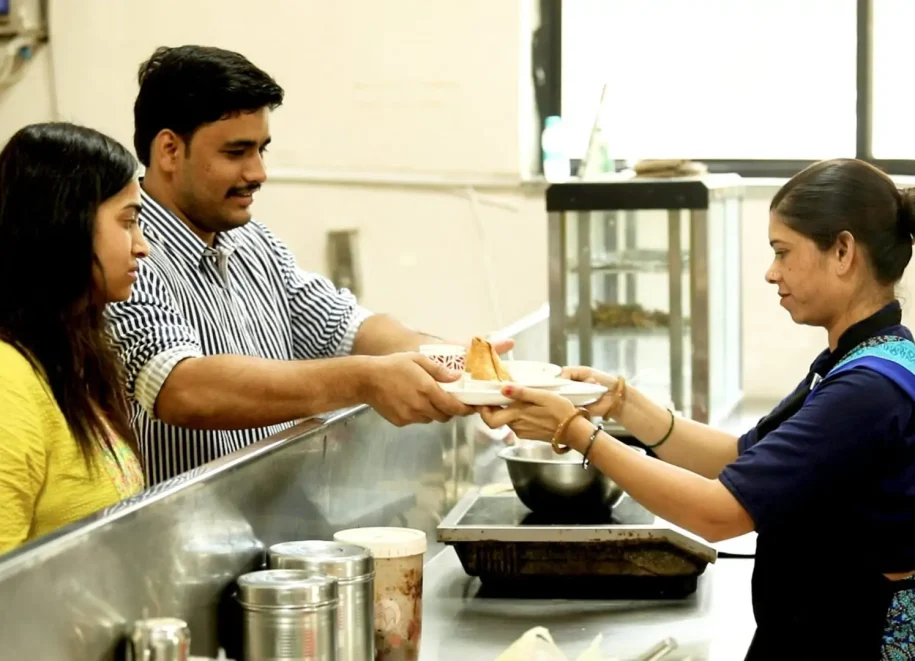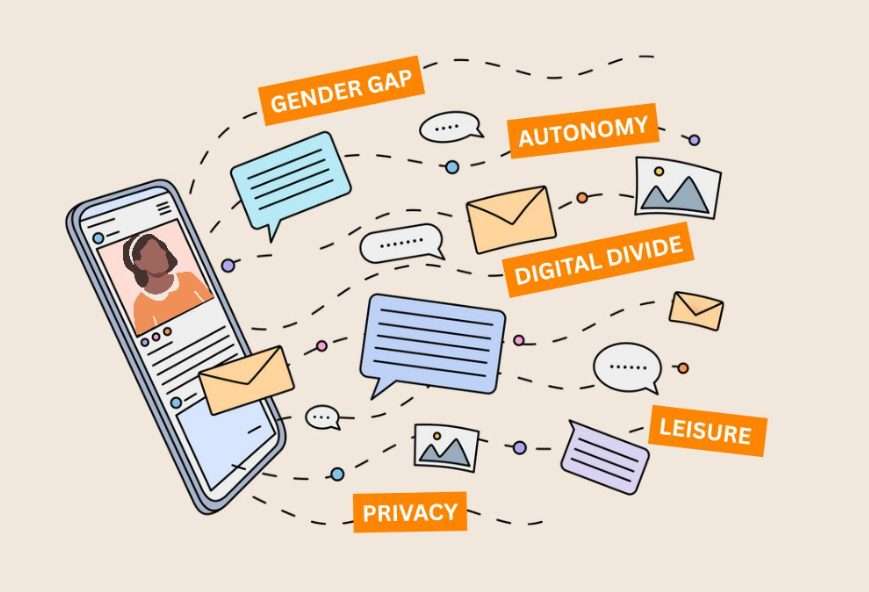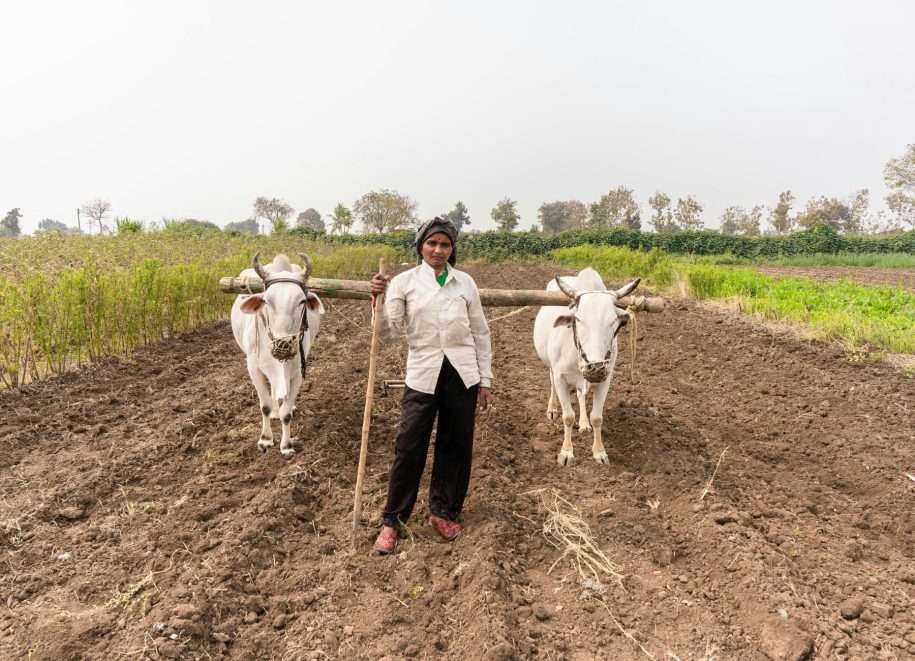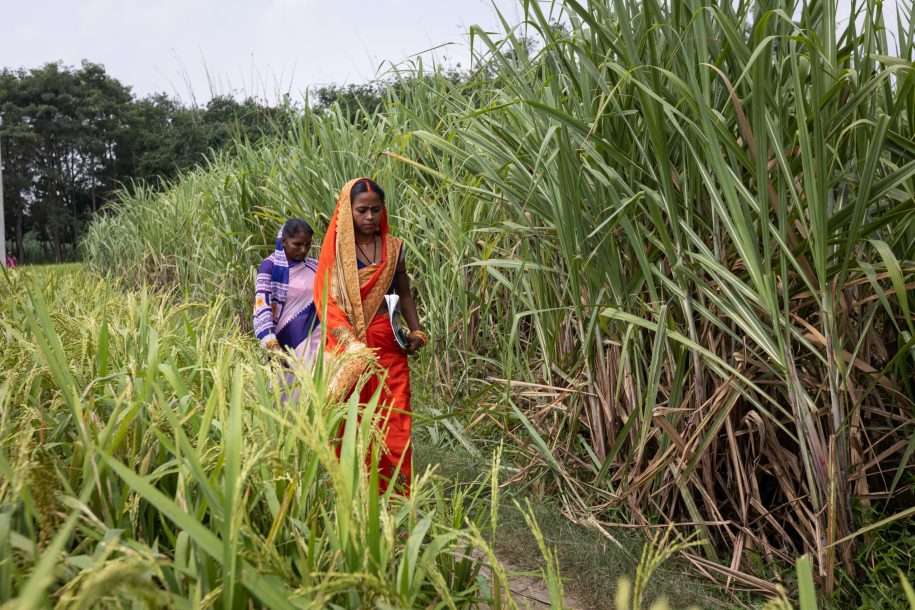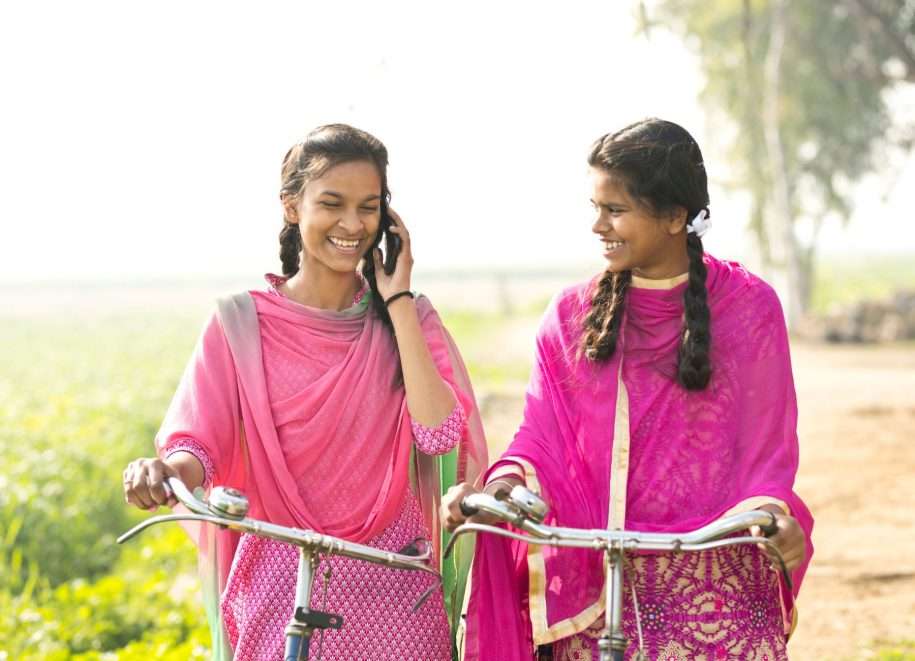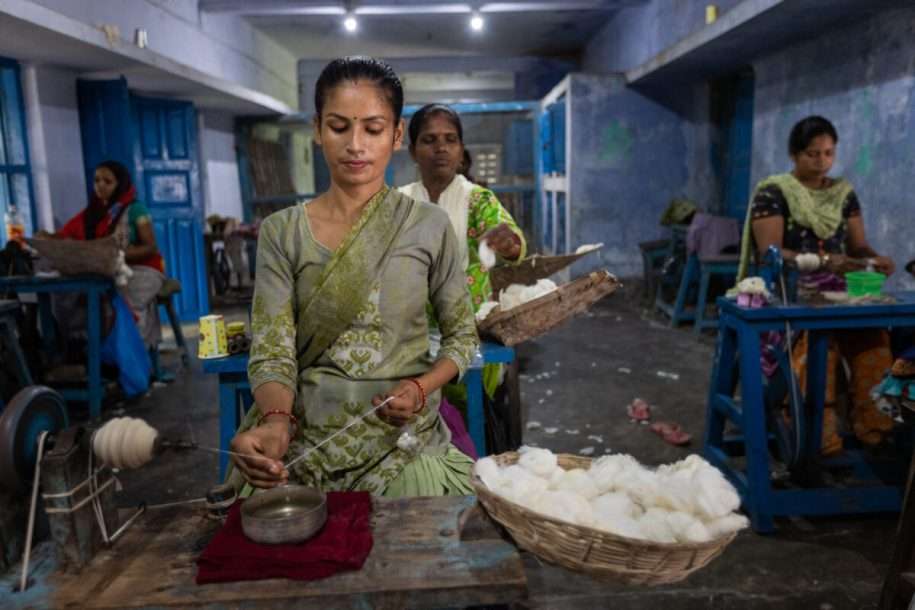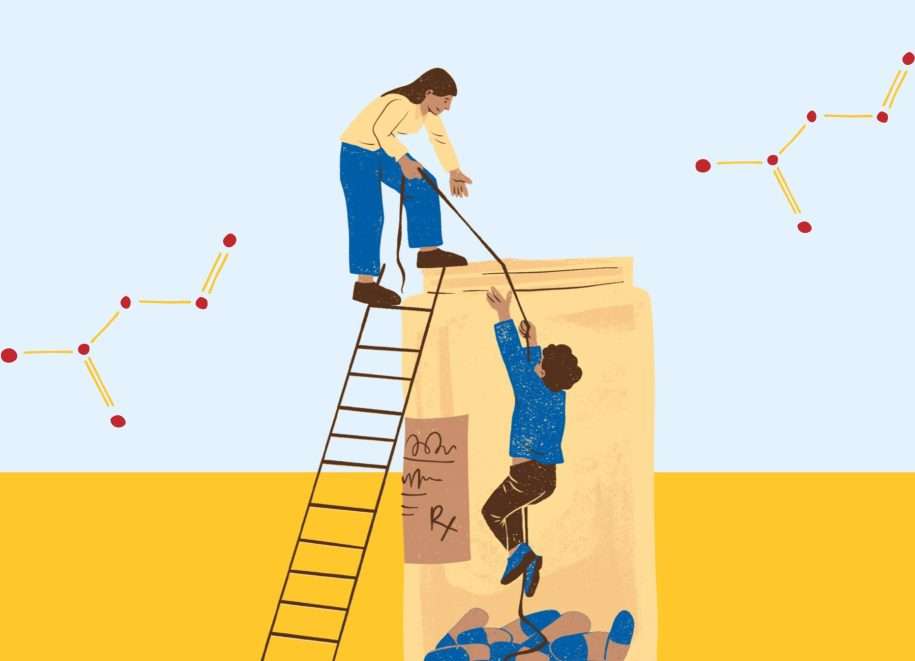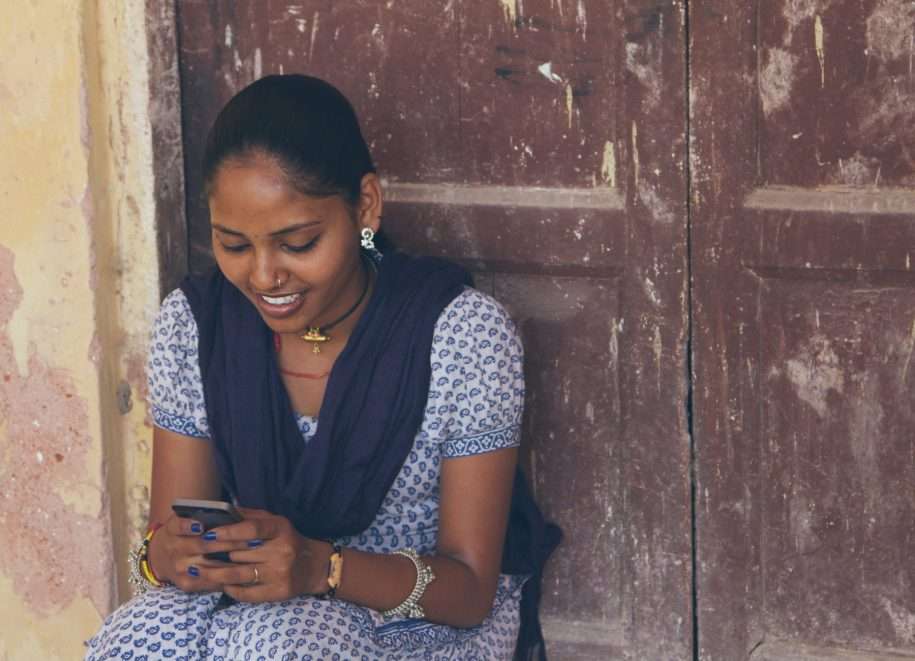A Case Study of Non-farm Enterprise Transformation In a quiet corner of Bhopal, inside the premises of the Chief Minister’s residence, is emerging as a vibrant case study for designing non-farm enterprise models for rural women entrepreneurs. Launched in 2023, … Read More
-
 BlogFollow our blog for insightful analysis and expertise on development
BlogFollow our blog for insightful analysis and expertise on development
trends, policies and evidence.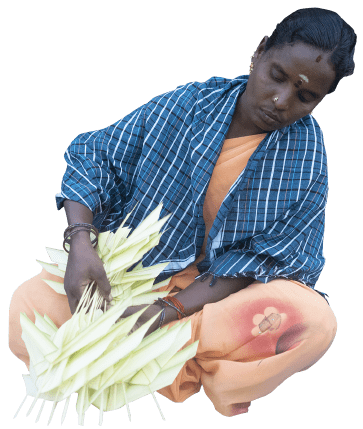
Cooking Up Change: The Story of Bhopal’s Aajeevika Swad Sangam
Preethi Rao, Garima Sai Sundaram, Praveen Dubey, Shrabani Mishra | September 3, 2025
Whose Phone Is It Anyway? How Women Users Navigate Shared Access, Privacy and Leisure in India
Rasika Gopalakrishnan, Vaidehi Sahasrabhojanee | May 8, 2025
What happens when your phone isn’t entirely yours? This piece explores how Indian women navigate digital restrictions and find moments of agency in everyday phone use. Uncovering the Gendered Realities of Digital India At first glance, India’s mobile statistics suggest … Read More
Land Ownership and Implications for Women’s Labour Force Participation: Research to Policy
Ojasvi Bhardwaj, Vandana Mohandas | April 24, 2025
Globally, women encounter substantial obstacles in owning and controlling land due to discriminatory laws, cultural norms, and limited access to financial resources. Given that land is a crucial asset for agricultural production and economic stability, particularly in rural areas, the … Read More
Trustworthy Women: Deconstructing India’s Last Mile Intermediaries
Ava Haidar | October 24, 2024
How do women intermediaries build trust in rural India’s last-mile delivery? In part 3 of this series, Ava Haidar from Aapti Institute deconstructs the vital role of ASHAs, Anganwadi Workers, and Bank Correspondent Sakhis in bridging communities with digital services … Read More
Customising Trust Relationships: Why Women Need Digital Control
Manvi Parashar | October 21, 2024
How can women truly feel safe and in control in today’s digital spaces? In part 2 of this series, Manvi Parashar from Aapti Institute explores how cultural norms and family monitoring in India make online engagement tricky, highlighting the need … Read More
Closing The Gender Digital Divide: The Role of Trust in Women’s Digital Inclusion
Aditi Shah | September 20, 2024
How does trust influence women’s engagement with the digital world? In part 1 of this series, Aditi Shah from Aapti Institute unpacks the concept of digital trust, drawing on insights from a human-centred design approach to understand women’s perspectives and … Read More
Field Notes: Understanding the Steep Road to Credit for Women Entrepreneurs
Shivani Vaidyanathan | September 20, 2024
Small-scale entrepreneurship is an important pillar for promoting inclusive development in India, fuelling communities with innovation and job creation. However, entrepreneurs, particularly women, face several constraints in starting and growing their businesses. One such key constraint well-documented in literature is … Read More
Towards Effective Substance Use Treatment in India: A Data-Driven Approach
Santanu Pramanik | July 17, 2024
Substance use disorder (SUD) is a rapidly growing public health problem in India, with alcohol, cannabis and opioids being the most common psychoactive substances consumed by the 10-75 year age group (NSEPSU, 2018). Substance use disorder (SUD) or substance abuse … Read More
Deciphering Data: How Researchers at LEAD are Using AI for Qualitative Research
Gaurav Kumar Sinha, Aditya Tomar | June 3, 2024
In the fast-changing world of social impact research, the emergence of Artificial Intelligence (AI) — especially Generative AI — presents exciting new possibilities, especially for enhancing the efficiency of workflows in qualitative research. This technological breakthrough grants researchers access to … Read More
Social Media’s Impact on Women’s Entrepreneurial Journey
Megha Shree, Inayat Singh Beri | February 13, 2024
Expanding upon the insights shared in the initial segment of our two-part blog, the discussion in this second piece is anchored on the women who are benefitting from taking the social commerce route globally and how social media is providing … Read More
- 1
- 2
- 3
- …
- 25
- Next Page »

